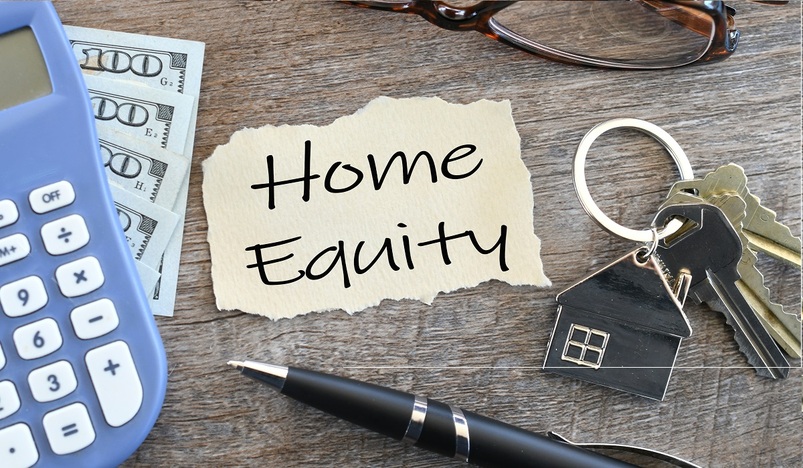
How to Get the Best Home Equity Loan
Home equity loans are made with your house as the collateral. Home equity refers to the value of a house less the balance due on the mortgage. As a homeowner, you are considered a good borrower by lenders and this means that they are willing to provide home equity loans. If you are looking to make home renovations or other expenses, look into getting a Home Equity Loan.
It is important to understand that there are disadvantages to a home equity loan and these include the potential of losing the house if you default, higher interest rates than traditional loans, and the possibility of not being able to get approved for a loan if you have poor credit. There are other factors involved, but these are some of the main ones.
A home equity loan, otherwise called a second mortgage, allows you to borrow cash by leveraging the equity in your home against the existing mortgage balance. The new loan amount is repaid in fixed monthly installments and spread across the whole mortgage balance.
The loan is secured against the property and is used to finance home improvements, debt consolidation or paying for a car, as well as other big expenses. Although the purpose is to use the home equity to finance home improvement or something else, there are many pros and cons of a home equity loan. Here are some tips to help you decide whether to opt for a home equity loan or a second mortgage.
One advantage of home equity loans is that you pay low interest payments. Lenders charge you lower interest rates because the loan amount you borrow is based on the equity you own in your home, which means you are effectively using your house as collateral. The lower interest rate reduces the cost of the loan considerably, making it an attractive option. On the other hand, you may not get the lowest interest rates available because lenders also consider your credit history into the equation. So if you have a bad credit history or a bankruptcy on your record, you may not qualify for the best possible interest rates.
Another disadvantage of home equity loans is that they have high closing costs. You pay for property taxes, homeowner insurance premiums, mortgage interest payments, property taxes and insurance, and other miscellaneous fees. In addition, the interest you pay on the principal loan balance is deductible as an itemized deduction on your income tax return and may reduce taxable income, reducing the amount you will be required to pay towards your tax return.
Home equity loans come with a variety of advantages, including the flexibility of choosing a fixed interest rate over an adjustable rate. This is a great choice for borrowers who need a regular fixed interest rate while budgeting for future costs. However, fixed interest rate mortgages come with a number of disadvantages. If inflation rises above the fixed interest rate, your monthly payments could rise.
If your investments drop in value, you could lose your home, and your savings and investments could suffer a loss, too. If you opt for an adjustable interest rate, however, you can choose a flexible repayment schedule that will allow you to adjust your payments up or down based on current interest rates and economic conditions.
.jpg)
Qatar Secures Place Among the World's Top 10 Wealthiest Nations
.jpg)
Hamad International Airport Witnesses Record Increase in Passenger Traffic

Saudi Arabia: Any visa holder can now perform Umrah

What are Qatar's Labour Laws on Annual Leave?
Leave a comment